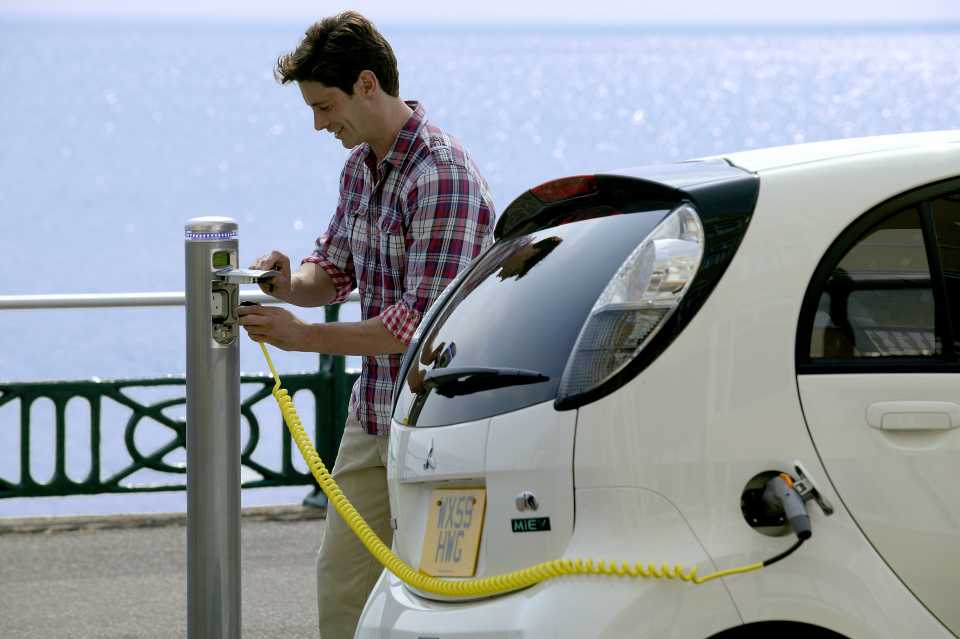CMA to examine electric vehicle charging sector

Following the announcement that new petrol and diesel vehicle will not be sold after 2030, the Competition and Markets Authority (CMA) is taking a close look at the electric vehicle charging sector, which is crucial to the roll-out of electric vehicles.
This sector is still in the early stages of development but is growing quickly. The UK currently has almost 20,000 chargepoints, up from around 1,500 in 2011 – although more will be needed in the future as this is the only way to power electric vehicles. The CMA is therefore considering how to ensure the sector works well for people now and in the future, which will help to build trust in the service and address any competition issues.
If people can see that the service will work for them, they are more likely to make the switch to electric vehicles, which is crucial to achieving the government’s long-term ambition for a net zero economy by 2050.
The CMA’s work will centre on 2 broad themes: how to develop a competitive sector while also attracting private investment to help the sector grow, and how to ensure people using electric vehicle chargepoints have confidence that they can get the best out of the service.
The CMA intends to conclude its market study well within the 12-month deadline, so that it can help shape competition and boost consumer confidence in this developing sector.
Andrea Coscelli, Chief Executive of the CMA, said: "Making the switch to electric vehicles is key to helping the UK become greener, which is why it’s so important that everyone has the confidence to get behind the move. Being able to easily stop off at a petrol station is a standard part of a journey and consumers must trust that electric chargepoints will provide a similarly straight-forward service.
"By getting involved early as electric vehicles and chargepoints are still developing, the CMA can make sure consumers are treated fairly now and in the future."
Market studies can make recommendations to government or other bodies, and issue guidance to businesses and consumers as needed, among other options.
Views are welcomed on any of the issues raised in the Invitation to Comment by 5 January 2021.



